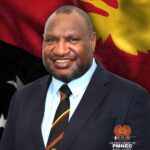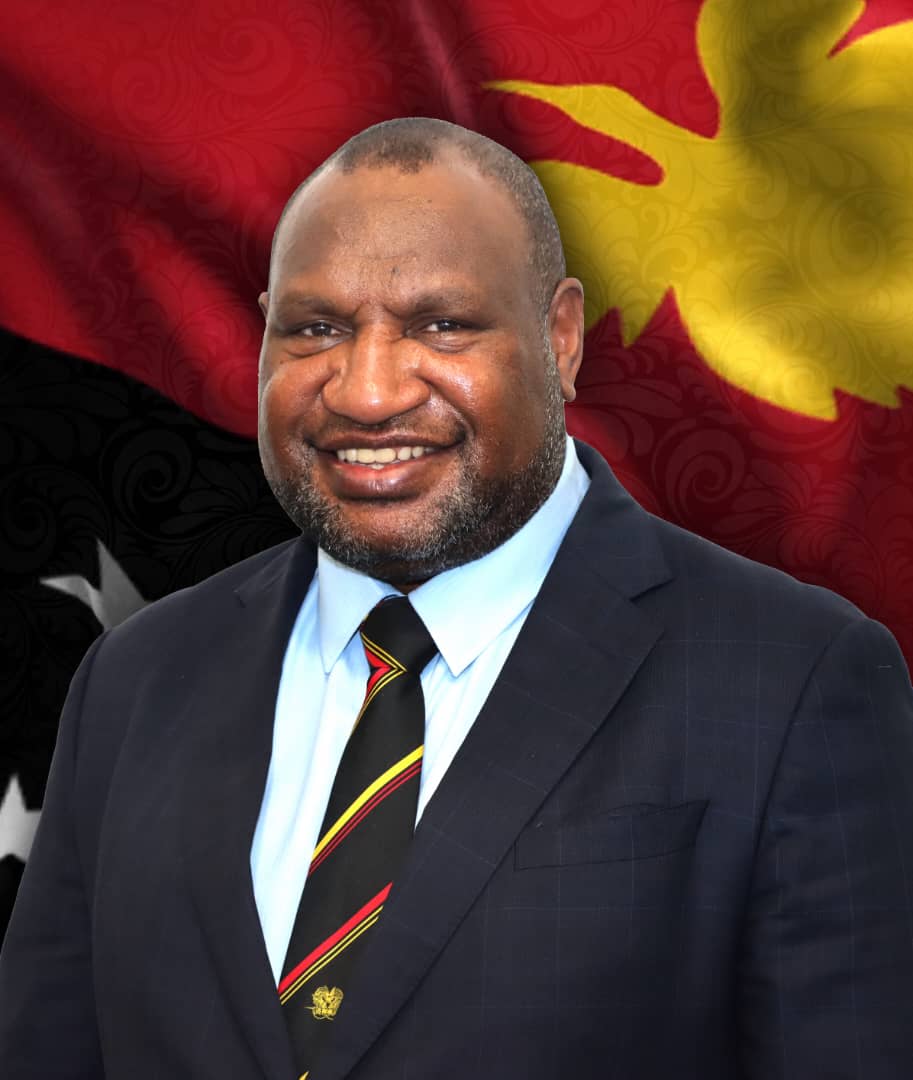Papua New Guinea’s economy is projected to strengthen in 2025, with major international financial institutions forecasting growth between 4.2% and 4.7%, supported by improvements in the resource sector, expanding agriculture, and significant Government investment in infrastructure, education, and household relief measures.
According to the Asian Development Bank and the World Bank, PNG remains one of the fastest-growing economies in the Pacific, despite global uncertainty caused by trade tensions, slowing Chinese demand, and volatile commodity prices.
Prime Minister Hon. James Marape welcomed the latest assessments, saying they confirm that Government reforms, fiscal responsibility, and targeted support to families and businesses are positioning the country for long-term stability.
“Through global shocks and domestic challenges, our economic fundamentals have held firm,” Prime Minister Marape said.
“We remain committed to responsible fiscal management, diversification beyond extractives, better provincial and district funding systems, and reforms that place families and small businesses at the centre of economic recovery.”
Growth Driven by Reopening Mines, Agriculture, and Infrastructure
The ADB predicts PNG’s GDP will expand by 4.2% this year, while the World Bank forecasts a stronger 4.7%, reflecting the reopening of the Porgera Mine, stable LNG production, agriculture recovery, and increased construction under Connect PNG, the national roads programme.
Non-resource sectors — particularly agriculture, retail, and small-scale manufacturing — are expected to continue their upward trend.
The Prime Minister said these gains demonstrate that the Government’s emphasis on “growing the non-resource economy” is taking hold.
“Coffee, cocoa, fisheries, and agriculture SMEs are expanding,” he said. “We want value- adding in-country so that more Papua New Guineans benefit from their labour and land.”
Cost-of-Living Relief Measures Delivering Support
Global inflation has begun to ease, and domestic relief measures are expected to further stabilise household expenses in 2025.
These include:
• Removal of personal income tax for employees earning K20,000 and below
• GST exemption on essential household goods
• Expanded funding for Early Childhood Education and Tuition Fee Free schooling
• Strengthened SME credit support mechanisms
“These interventions put money back into the pockets of ordinary Papua New Guineans,” Prime Minister Marape said.
PNG Positioned for a K200 Billion Economy by 2030
With the economy now valued at over K130 billion, the Government remains on track to achieve its target of a K200 billion economy within the decade.Projected revenue increases from Porgera, Ok Tedi, K92 Mining, and improved tax compliance underpin confidence in the medium-term fiscal outlook.
Despite this, the Prime Minister urged caution as global conditions remain fragile. “Trade tensions, climate risks, and commodity fluctuations require disciplined budgeting,” he said. “But with sound management and continued investment in people, infrastructure, and law and order, we are charting a stable path forward.”
Global Conditions Improving but Still Uncertain
China’s ongoing disinflation, easing fuel prices, and recovering supply chains are providing relief to small economies like PNG.However, a slowdown in global trade and weaker export demand remain risks.The Government says it will continue to monitor global trends while pursuing reforms to strengthen resilience at home.






